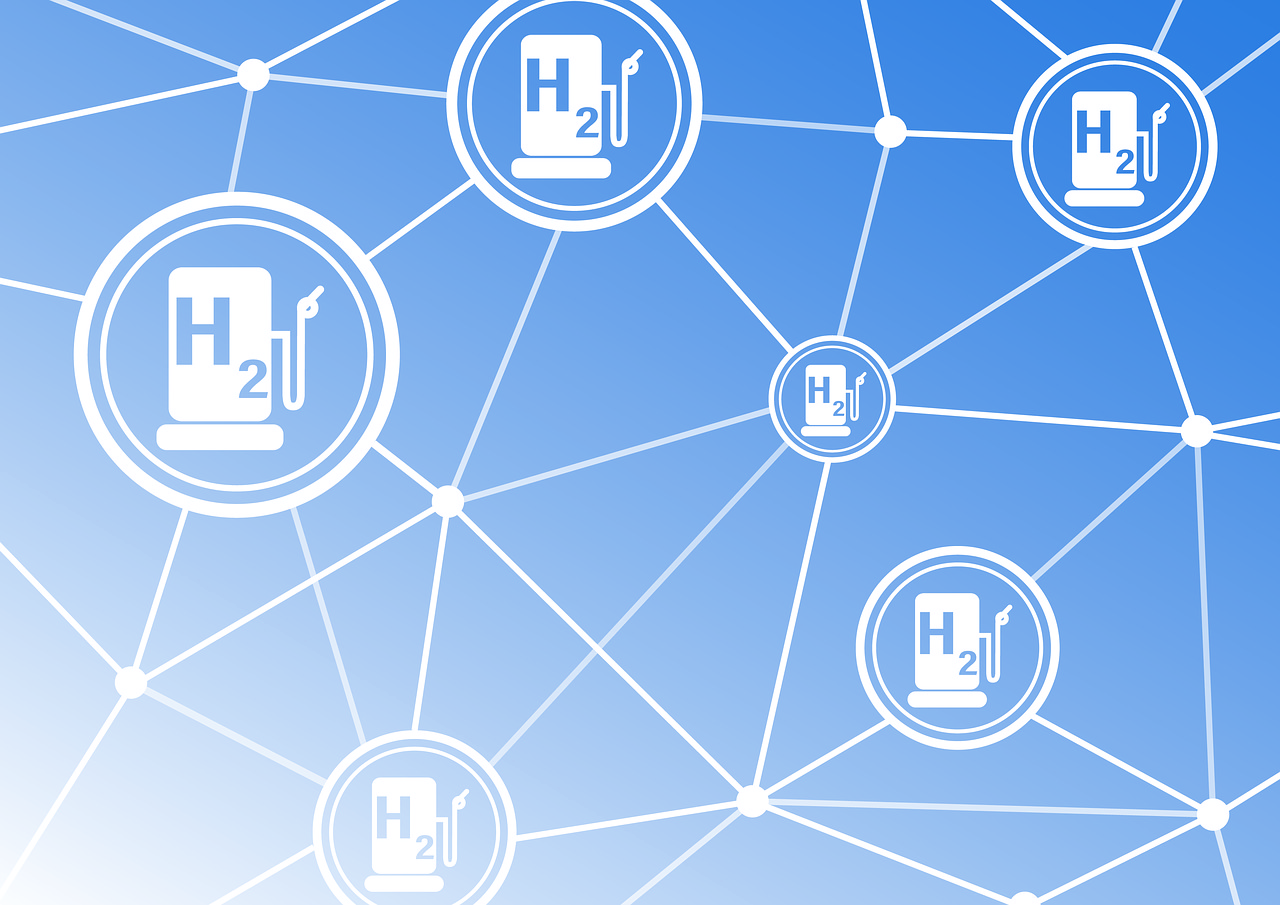Content of the course
1 – Introduction
– Overview of the course content
– History of hydrogen and fuel cells
2 – Hydrogen: production processes, logistics and infrastructure
– Current and future production processes
– Logistics and infrastructure
3 – Hydrogen storage
– Solids, liquids
– Compressed gas
4 – Hydrogen refueling of vehicles
– Refueling of compressed gas
– Thermodynamics of the refueling process
5 – Fuel cells
– Types of fuel cells and their properties
– Electrochemical fundamentals of fuel cells
– Efficiency of fuel cells
6 – Applications of hydrogen and fuel cells
– Industrial
– Stationary
– Transport and traffic
7 – Fuel cell vehicles
– Fuel cell powertrain
– Components and power unit
8 – Hydrogen and fuel cells in the energy system
– Comparisons of different propulsion energy sources and converters
– Energy and emission balances (well-to-wheel, life cycle assessment)
– Storage of fluctuating energies
9 – Safety, norms and standards
– Safety concepts
– Worldwide codes & standards
10 – Outlook and summary
– Future developments
– Summary overview with regard to testing
Learning outcomes
After successful completion of the course, students are able to quantitatively assess the role of hydrogen and fuel cells as potential future environmentally friendly energy sources and converters based on electrochemical and process engineering principles, and assess specific application examples, especially in the area of transport and traffic. The entire energy chain (well-to-wheel) is the focus of attention, but life cycle assessments will also be familiar to students. The history of hydrogen and fuel cell technology forms the basis for considering the current state of the art. Hydrogen production, hydrogen logistics and hydrogen storage in stationary plants or on board vehicles are a focus of the acquired knowledge. The refueling process for pressurized hydrogen is presented in detail. A sufficiently deep understanding of the electrochemical principles of the fuel cell is achieved for the vehicle technology engineer. The various types of fuel cells and their applications are known. The applications of hydrogen and fuel cell technology as well as their specific characteristics in the areas of transport (on land, in the air/in space, on water), stationary systems, mobile devices and the industry are conveyed. The fuel cell powertrain for vehicles and its components are presented to the students in detail so that they may apply their knowledge to new constellations. The principles of fuel cell operation in different vehicle situations including freeze start are aimed to be mastered. Safety concepts for fuel cell vehicles will be assessed. The basic knowledge of codes and standards for the corresponding vehicle and component development will have been developed. The current status and planning for a hydrogen filling station infrastructure worldwide are presented. An overview of current fuel cell vehicles and their different structure is shown to students. The well-to-wheel balance of emissions and energy consumption of different fuels and drives is presented in the overview and can be calculated by means of a software tool. The life cycle assessment of a product as an extension of the well-to-wheel balance is familiar to the students.
In addition to the technical aspects, the students are also able to assess the economic side after completing the course.
Please register for the course in TISS:
315.752 Hydrogen and fuel cells
